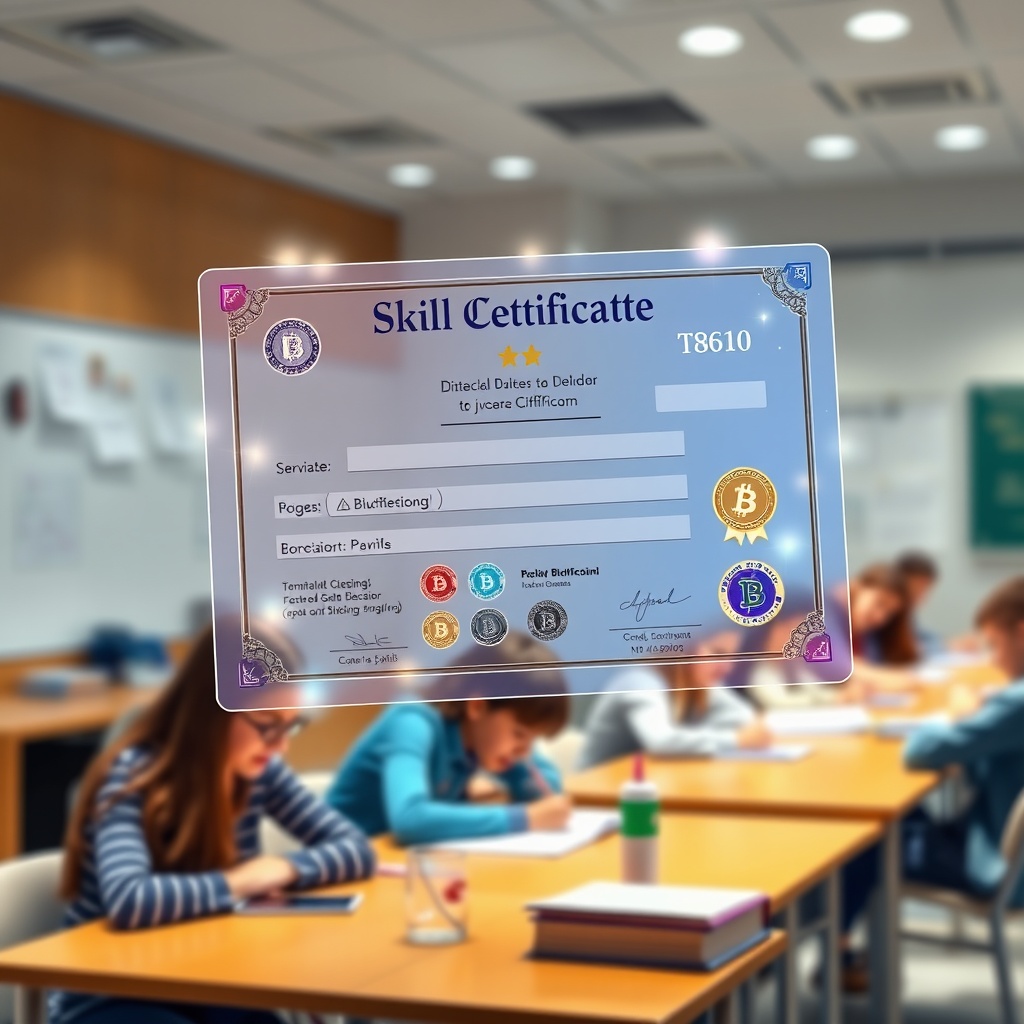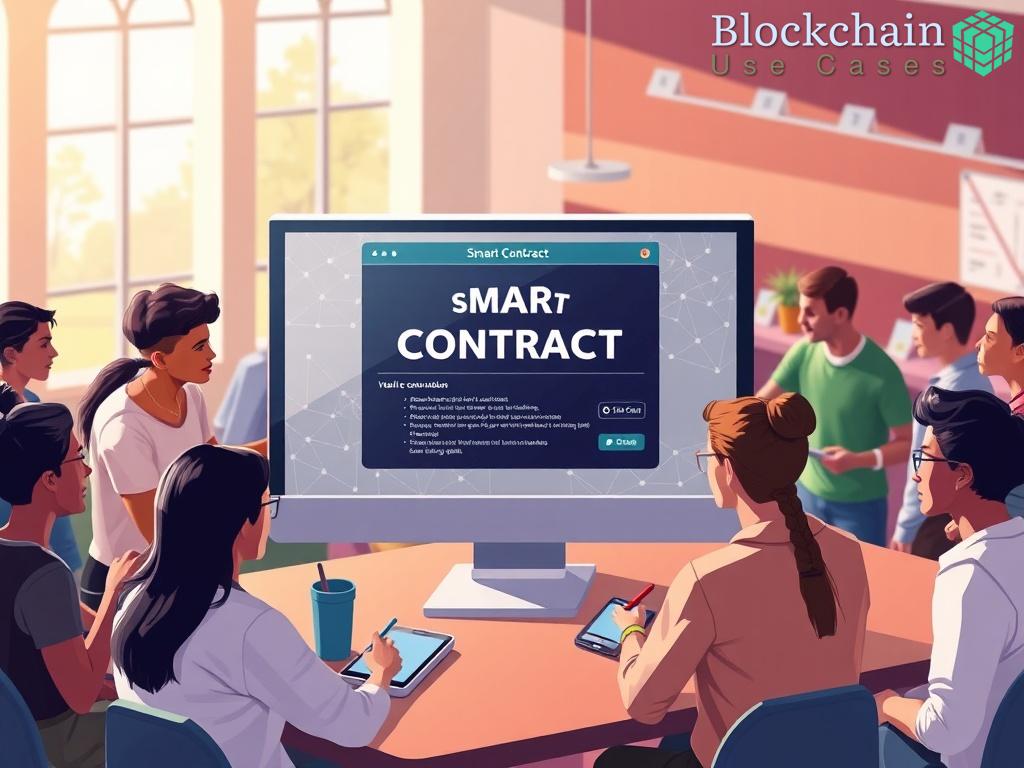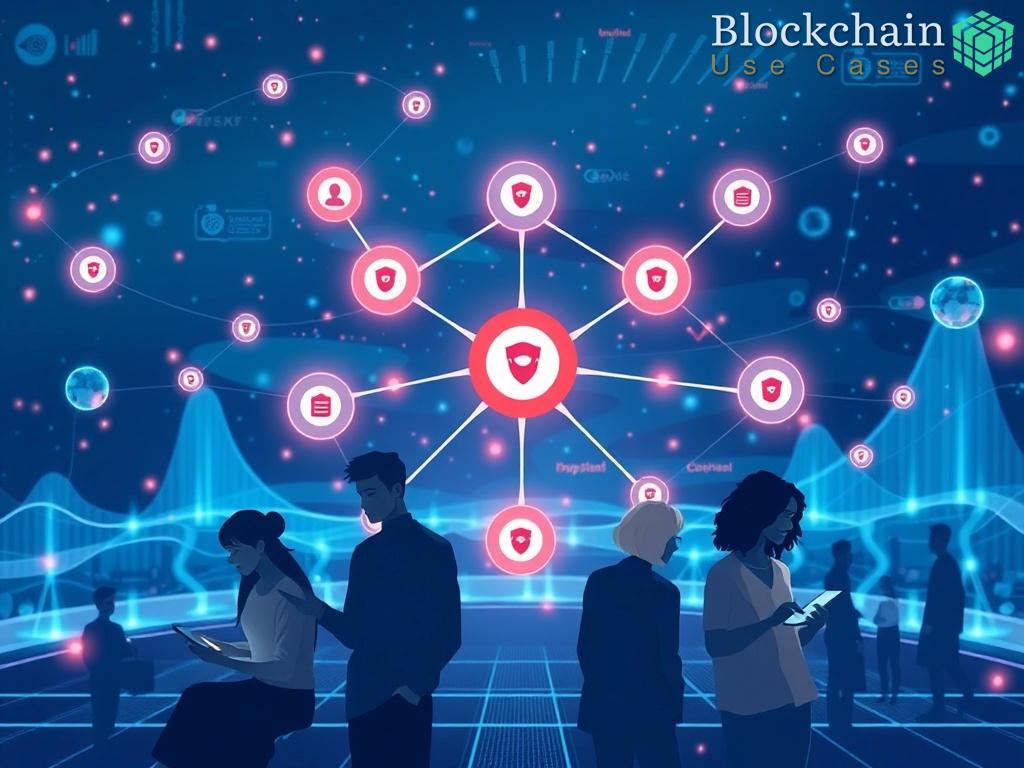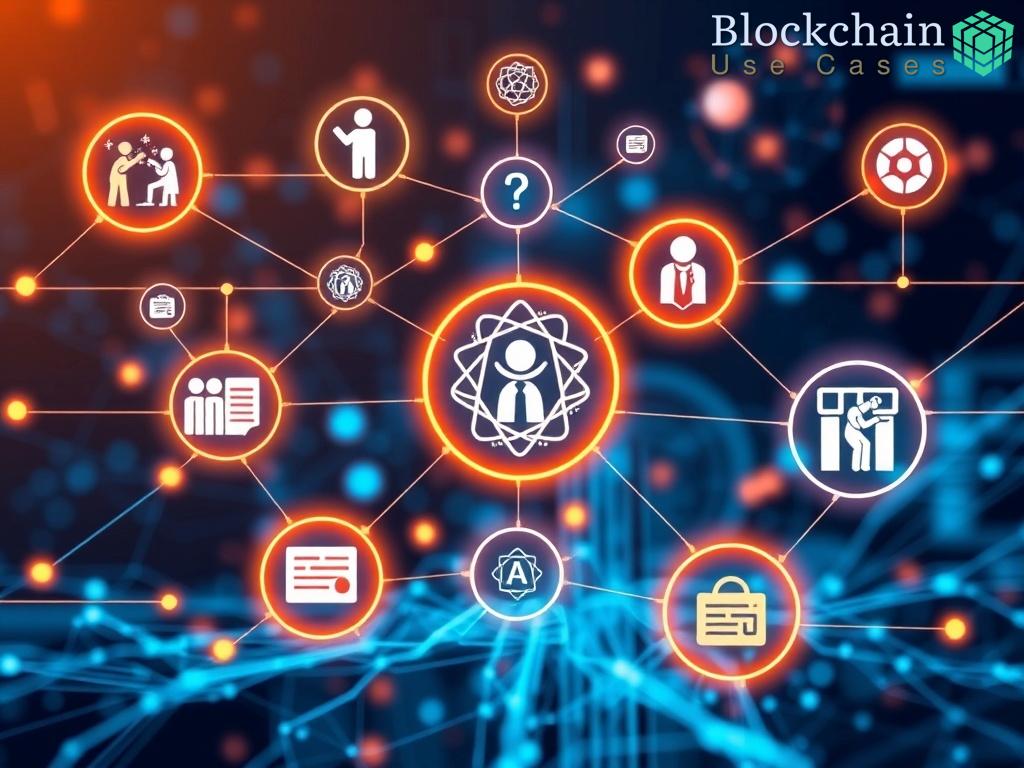Understanding Tokenization in Education
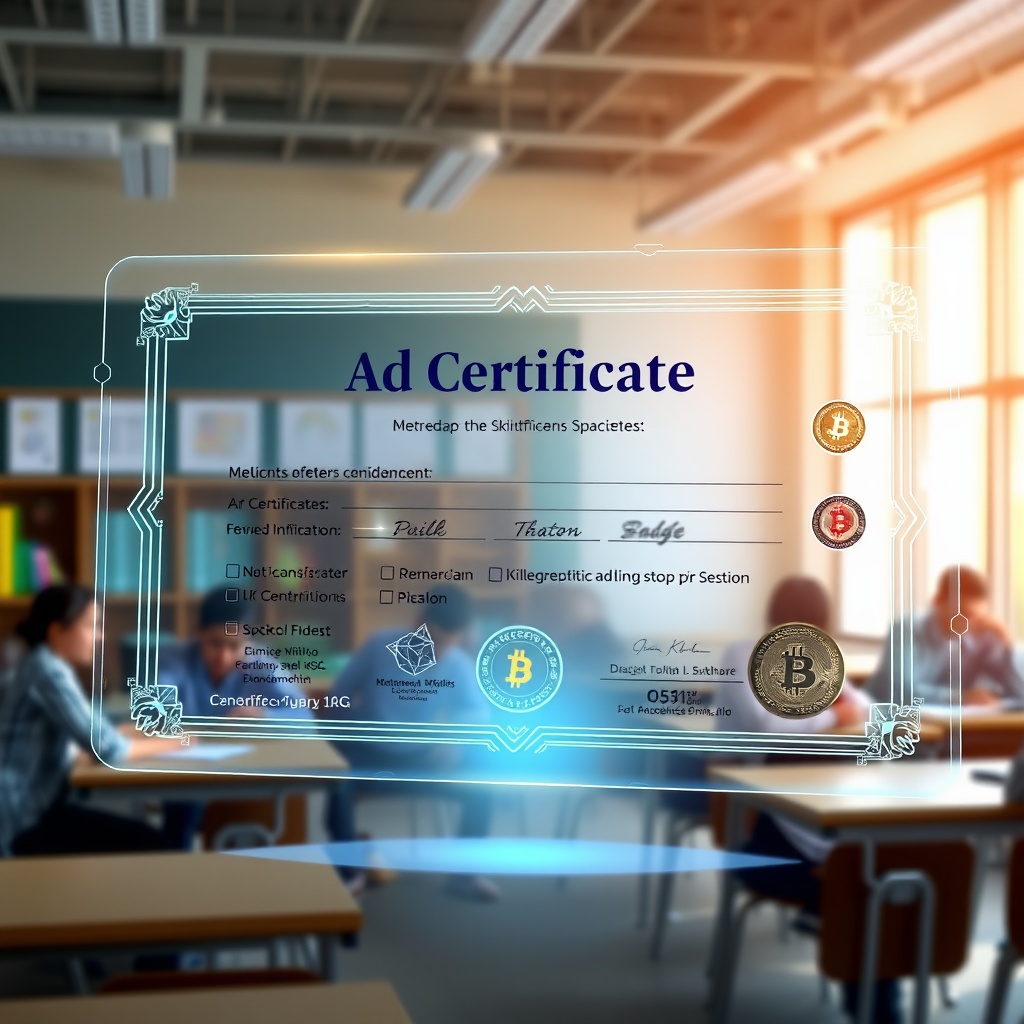
Tokenization is not merely a buzzword in the tech sphere; it is poised to redefine the landscape of educational achievement verification. By converting tangible skills and accomplishments into digital tokens, educational institutions and employers can create a more transparent and efficient means of validating competencies. This transformation hinges on blockchain technology, which offers immutable proof of certification, ensuring that the skills graduates claim to possess are verifiable and trustworthy.
Innovative Models for Skill Certification
The traditional methods of skill certification often suffer from inefficiencies and lack of trust. Enter tokenization: a model that offers a decentralized approach, allowing learners to hold and share verifiable credentials securely. This model not only enhances the credibility of certifications but also empowers individuals to showcase their competencies on a global scale.
Tokenized certificates can be easily integrated into professional networks, social media platforms, and job applications, allowing for seamless verification by potential employers. The implications for lifelong learning and continuous professional development are profound, as individuals can accumulate skills over time, all documented through secure tokens.
Comparison of Traditional vs. Tokenized Certification
To better appreciate the advantages of tokenization, consider the following comparison between traditional certification methods and tokenized approaches:
- Trustworthiness: Traditional credentials can be easily forged, while tokenized certificates are secured by blockchain technology, ensuring authenticity.
- Portability: Tokenized skills can be stored digitally and shared effortlessly, contrasting with physical certificates that can be lost or damaged.
- Accessibility: Tokenized systems allow for real-time updates, enabling learners to add new skills dynamically, whereas traditional systems require cumbersome processes for re-certification.
As educational institutions begin to adopt these innovative models, we are likely to see a significant shift in how skills are perceived and validated across various industries.















